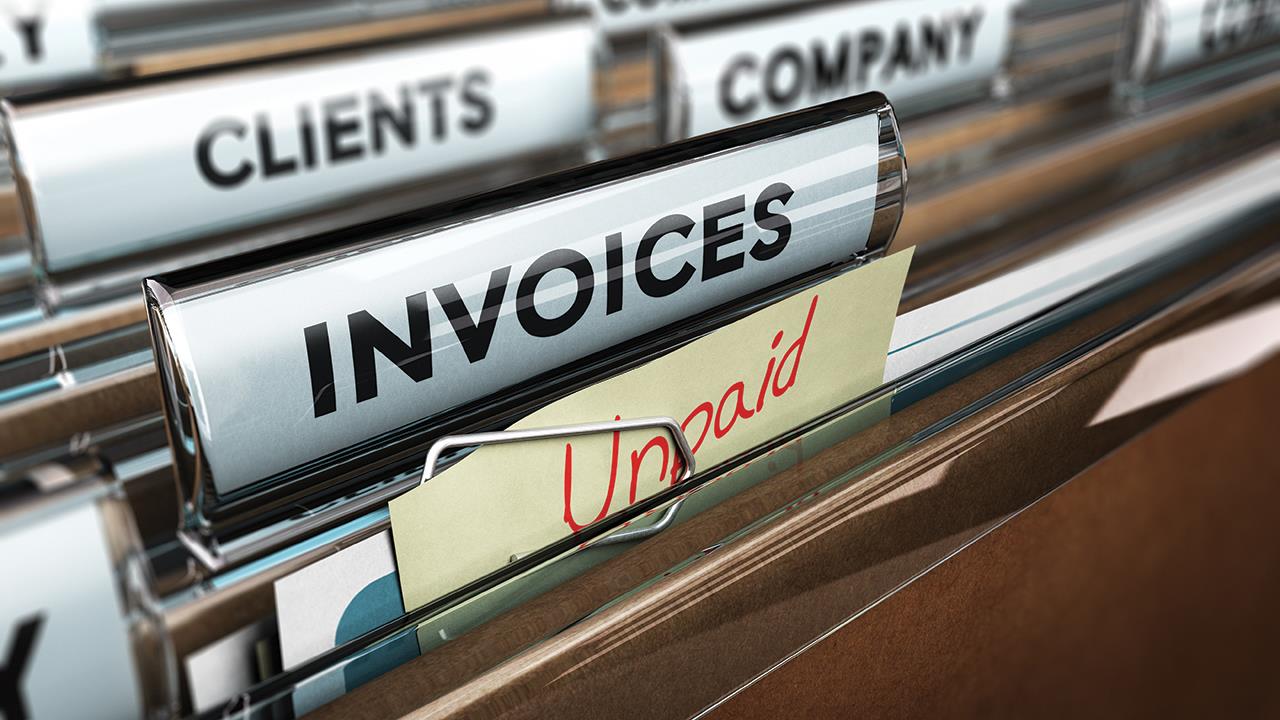

Over the last couple of years, there has been an influx of small businesses struggling with receiving late payments for their work. A report from the Federation of Small Businesses earlier in the year found that 440,000 small firms in the UK suffered from the late payment ‘crisis’ and were almost forced to close.
Let’s take a closer look at five easy steps you and your business can take to prevent overdue invoices and late payments.
Establish explicit payment terms and stick to them
The first thing you can do to prevent late payments is to do some research into standard industry expectations when it comes to receiving and paying invoices. Once you’ve got a firm idea of what is and isn’t acceptable in your sector, you can work to establish your own late payment terms to act as a deterrent.
You will need to stick to these terms as soon as they have been laid out to your client so that they don’t take the terms to be a type of ‘false threat’. You will need to include information such as when the payment is due, when the payment will be considered overdue, and what consequences the client can expect if they pay late.
Late payment policies are a key deterrent in protecting yourself from receiving late payments. Take some time to think about your cash flow considerations and how they would be impacted by late payments. From there you can work on implementing any late payment fees or interest you’d like to incur should you receive a late payment from a client.
Verify your client’s financial situation
This step can feel a bit uncomfortable or invasive but it’s a great way of ensuring that you’ll be paid on time and in full. The best way to verify your client’s financial status is by running a credit check.
This will let you know whether a client is able to pay you as they’ve promised and can go a long way in helping you determine whether to onboard the client in the first place. In itself, this is a great preventative measure.
To successfully run a credit check, you will need to provide specific identifying information about a client, and you may also need their authorisation. It’s best to discuss this with the client as early in the process as possible.
Automate your payments
A good way to take the weight of handling invoices and payments off your shoulders is by automating as much of the process as possible. This means you can focus entirely on your work as you know that the financial admin is handled.
Direct payment platforms can go a long way in helping you establish smooth and effortless payment processes. They will handle the entire process from receiving the invoices to project management, to payment collection, leaving you to focus on the work you enjoy whilst knowing that your invoices are going to be sent on time.
Request a deposit or upfront payment
A deposit or upfront payment is another way of effectively minimising the chances of receiving late or invalid payments. By acquiring a portion, or all, of your payment upfront, you don’t need to expend energy worrying about receiving what you’re owed once the work is completed.
If you do decide to request a deposit or upfront payment, remember to keep these requests professional in manner and polite.
Stay organised with invoices and automatic emails
Invoice your clients immediately after you finish the work and have sent it to them. By sending your invoices promptly, you can reduce both the stress of worrying about receiving your payment on time and send a message to your client that they need to pay you on time.
Polite email reminders can also be effective in reducing your late payments, as your clients will be notified and reminded that your work needs to be paid for.
This is also another process that could be automated by direct payment platforms. These reminders will make sure your payment doesn’t get forgotten.
Another quick and free tip to prevent late payments that I will leave you with is to establish good working relationships with your customers. If you have a good relationship with this individual, they are more likely to pay you on time and you are less likely to need to spend time chasing them for your payment. Preventing late invoices can be an essential part of ensuring you are paid on time and keep cash flowing as a sole trader. This is free and easy and can be the difference between your business staying afloat or sinking!
If you'd like to keep up-to-date with the latest developments in the heating and plumbing industry, why not subscribe to our weekly newsletters? Just click the button below and you can ensure all the latest industry news and new product information lands in your inbox every week.